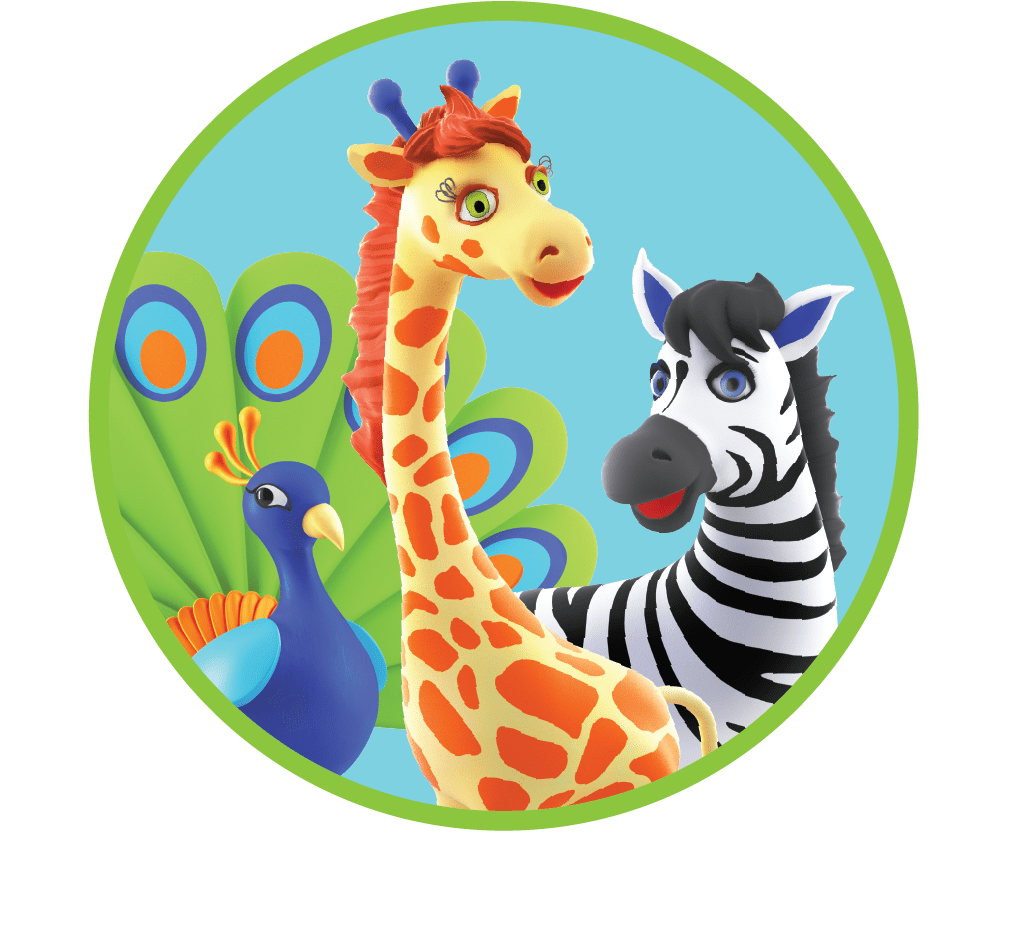Mental health is as crucial as physical health, especially in children who are still developing emotionally, cognitively, and socially. At Children’s Medical Group, we aim to empower parents and caregivers with knowledge and resources to recognize and address children’s mental health concerns early. Early intervention significantly improves outcomes, promoting healthier, happier childhoods.
Recognizing Early Signs
Understanding and identifying early signs of mental health challenges in children can help parents and caregivers intervene effectively. Common signs may include:
- Changes in Mood or Behavior: Look for significant shifts such as increased irritability, withdrawal from activities, or dramatic mood swings.
- Sleep and Appetite Disturbances: Sudden changes in sleeping patterns or appetite, whether increased or decreased, may indicate emotional distress.
- Decline in Academic Performance: Difficulty concentrating or a sudden drop in school performance can signal underlying mental health issues.
- Physical Complaints: Frequent headaches or stomachaches without a clear medical cause may reflect anxiety or stress.
- Social Withdrawal: Avoiding social interactions or losing interest in friendships and activities previously enjoyed can indicate emotional struggles.
Common Mental Health Challenges in Kids
Children can experience various mental health conditions. Anxiety disorders, for example, are characterized by excessive worry or fear that interferes significantly with daily activities. These can manifest as separation anxiety, generalized anxiety, or specific phobias. Early recognition allows for effective coping strategies and therapeutic interventions that help children manage their anxieties.
Depression in children might appear as persistent sadness, lack of interest in activities they previously enjoyed, or consistent feelings of fatigue and low energy. It is important to recognize these signs early because untreated depression can profoundly impact a child’s emotional and social development, academic performance, and overall quality of life.
Attention Deficit Hyperactivity Disorder (ADHD) involves persistent challenges related to attention, hyperactivity, or impulsivity. Children with ADHD may have trouble focusing in school, following directions, or completing tasks, which can lead to academic and social struggles if not addressed promptly. Structured routines, behavioral therapy, and sometimes medication can provide significant improvement.
Behavioral disorders, including conditions like Oppositional Defiant Disorder (ODD) and Conduct Disorder, involve persistent disruptive behaviors, defiance, aggression and challenges with authority. These behaviors go beyond typical childhood defiance and require intervention through structured therapeutic strategies, behavioral counseling and support from both parents and professionals.
Early identification of these conditions and proactive interventions can drastically improve outcomes, helping children navigate life’s challenges more effectively.
How to Support Your Child
Supporting a child’s mental health involves open communication, creating a safe environment, and seeking professional assistance when necessary. Here are expanded strategies to provide robust support:
- Encourage Open Dialogue: Create a routine where you regularly check in with your child about their feelings, experiences, and worries. Provide a safe and judgment-free space, using empathetic language to reassure them that sharing emotions is healthy and encouraged.
- Normalize Emotions: Teach your child that experiencing a wide range of emotions is normal. Clearly communicate that it’s okay to feel sad, angry, or worried, and offer strategies such as deep breathing exercises, journaling, or drawing to help them express these feelings constructively.
- Provide Structure and Routine: Establish consistent daily routines to give children a sense of security and predictability, significantly reducing anxiety and stress. Set regular times for meals, homework, play, and bedtime, and stick to these routines as closely as possible.
- Promote Healthy Habits: Ensure balanced nutrition by offering diverse, nutritious meals. Encourage regular physical activity to reduce stress and enhance mood, and prioritize good sleep hygiene by establishing calming bedtime routines, avoiding screen time before sleep, and maintaining a consistent sleep schedule.
- Limit Screen Time: Monitor and regulate your child’s device usage, balancing digital engagement with offline activities. Encourage participation in creative arts, sports, and social activities to stimulate emotional and social development.
- Model Positive Coping Strategies: Children often imitate behaviors observed in parents or caregivers. Demonstrating healthy coping mechanisms for stress, such as exercising, reading, or practicing mindfulness, can positively influence your child’s own approach to emotional regulation.
- Foster Social Connections: Help your child build and maintain friendships and social interactions. Arrange playdates, encourage participation in group activities, or support involvement in extracurricular clubs and teams to strengthen their social skills and resilience.
- Educational Resources: Equip yourself with resources and tools to better understand childhood mental health. Books, webinars, and workshops tailored for parents can be highly beneficial.
Seeking Professional Help
If you notice concerning signs or your child expresses persistent distress, seeking professional help is essential. Remember, reaching out for professional support is a positive and proactive step toward ensuring your child’s emotional well-being. Consulting your pediatrician is often the first and most comforting step, as pediatricians are equipped to evaluate initial concerns compassionately, offer valuable guidance and connect you with specialized mental health professionals.
Professional therapists and counselors trained specifically in pediatric mental health provide beneficial tools, coping strategies, and therapeutic interventions tailored to your child’s individual needs. These professionals create supportive environments where children feel safe to express themselves, learn emotional regulation techniques and develop healthy coping mechanisms.
Additionally, many schools offer extensive resources through trained school counselors and psychologists. These professionals can assist your child academically and emotionally, providing ongoing support within the educational setting. Engaging these resources creates a cohesive support network, reinforcing your child’s ability to thrive both at home and in school.
Remember, seeking help is an empowering step, demonstrating strength and commitment to your child’s long-term health and happiness.
Resources for Parents
- American Academy of Child & Adolescent Psychiatry (AACAP): AACAP Resource Center
- National Institute of Mental Health (NIMH): Child and Adolescent Mental Health
- MentalHealth.gov: For Parents and Caregivers
Conclusion
Mental health significantly impacts a child’s overall development and quality of life. Recognizing early signs, providing supportive environments, and seeking professional assistance are critical steps parents and caregivers can take to promote emotional wellness.
At Children’s Medical Group, we are committed to supporting your child’s mental health and emotional well-being. Schedule a consultation to discuss any concerns or questions about your child’s emotional health today.


